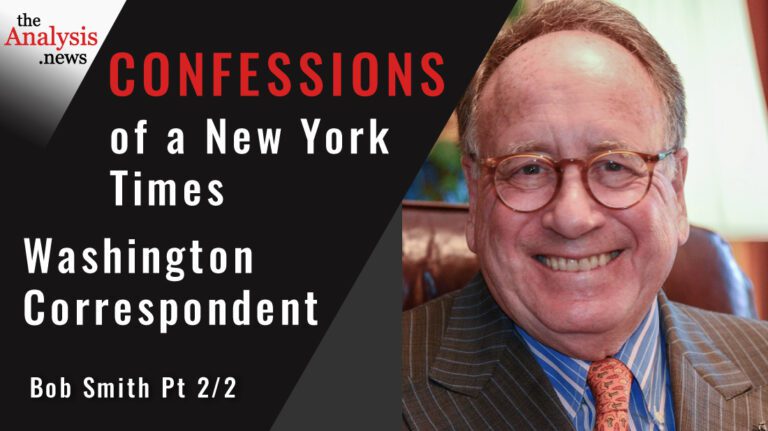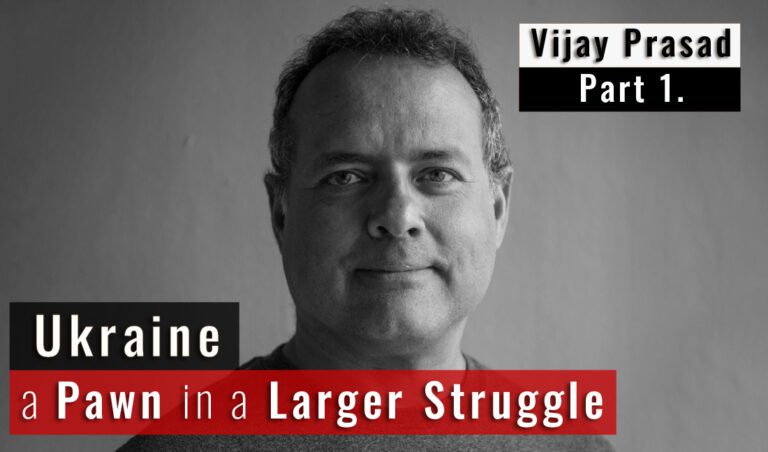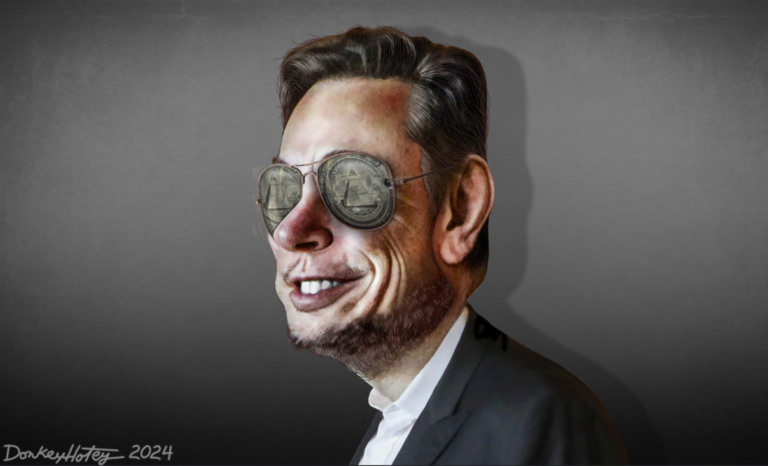Similar Posts

Wilkerson & Jay: Don’t Despair, Organize
Col. Lawrence Wilkerson and Paul Jay analyze Trump’s 2024 victory, attributing Harris’s failure in part to a campaign that avoided progressive policies that would lower the cost of living –…

Confessions of a New York Times Washington Correspondent – Bob Smith Pt 2/2
The Watergate break-in was leaked to Smith before Woodward and Bernstein, but the Times refused to pursue the story. Bob and Paul discuss how bias and suppression of important stories continue to this day, on theAnalysis.news with Paul Jay.

Does the U.S. Owe Reparations to Afghanistan, Should U.S. Troops Leave? – Bennis & Wilkerson
Bennis and Wilkerson agree on reparations but disagree on whether the U.S. should withdraw all troops. Phyllis Bennis and Larry Wilkerson join Paul Jay on theAnalysis.news

Ukraine a Pawn in a Larger Struggle – Vijay Prashad pt 1
The U.S. wants to remain a dominant force in Europe and see’s the Russian invasion of Ukraine as strengthening NATO, weakening Russia, and pushing back China. Russian aggression and U.S. provocation are risking nuclear war. Vijay Prashad joins Paul Jay on theAnalysis.news.

Elon Musk’s Race to Become the World’s First Trillionaire Runs Through Your Social Security and Medicare – Jeffrey Sommers
This article was originally published on February 24, 2025, on CounterPunch. Jeffrey Sommers explores how Elon Musk could become the world’s first trillionaire through the “Mother of All Privatizations” (MOAP). He traces Musk’s rise from under $1 billion in 2011 to over half a trillion during Trump’s presidency, fueled by post-2008 policies and COVID-19 stimulus. Reaching a trillion would require massive public-to-private wealth transfers—privatizing Social Security and Medicare, tax cuts for the rich, increased government funding for Musk’s firms, and public sector cuts. Sommers sees this as the final dismantling of the New Deal.
Vijay Prashad: Cut the Umbilical Cord to the Democratic Party
Should progressives get involved in voting for Biden to defeat Trump? Vijay Prashad and Paul Jay debate what progressives should do in the Covid-19 moment and the leadup to the U.S. November elections. On theAnalysis.news podcast with Paul Jay (photo by Neal McQueen)

Have long enjoyed Gerald’s analysis. But it was only with this interview that I realized how exciting and profound a scholar he is.
This has been a very interesting analysis. Notice that this is written in the past tense. Now if I wrote, “This is an interesting analysis” it takes on a whole different meaning. Same idea with the writing of history when the historian draws a line between the past and the present. The past is portrayed as radically different than the present and there’s an invisible barrier that can never be crossed because the past is gone forever and never to be lived again by anyone. Then what is history? If you look at the classical historians they were the ones that wrote a grand story of an event that took place in the past and wrote the story to be read in the present. Much of it was written as a tall tale and if read today might be considered a work of fantasy, even a made up fiction. But somehow it’s believed to be true enough to be considered that it really happened. Even if there’s a giant and a three headed monster involved in the narrative. So the question becomes what are the facts in the history so there is truth behind the story? This is where stuff gets tricky because someone might ask, “What really is a fact?”
I don’t mean to sound tedious but history has been written the old way, the grand narrative way, for more than 3000 years and it’s not until we get to the last couple of hundred years that history starts to concern itself with uncovering the facts behind any truth. So when a historian goes to an archive and starts looking at accounting records and finds records about the slave trade then slavery becomes a fact. It really took place. There are records available and are even viewable on google scholar that illustrate slavery happening in real time. Now why did slavery take place? One approach would be to say that slavery became an economic necessity because there was a scarcity of labor in the new world. This might be true but does it really explain slavery? It’s not until you start looking at the belief of race, quite the vogue expression in the 19th century, and a desire to explain slavery as it stood back in the 1850s, that you find one dominant group, namely the southern white slave holders, considering themselves superior over blacks because of their race and running an entire economic system in the south through slavery.
If the writing of history is pushed back to the grand narrative event form then there will be a history that will be less true, more fantasy like, and more twisted to fit a mould created to deceive people. In this situation history will become just plain old bullshit. But if you want a real history you have to have facts to make it up, dress it up, take it out on a night on the town, and come home on the Mail Wagon at the crack of dawn.
Whereas Nietzsche elsewhere lamented a lack of historical perspective, he also compared the historian to the crab: he looks backward so long he begins to think backward too. In the interest of simplification it seems to me you are taking the history as more than it need be to the point it confuses. Or confuses your comment because I’m not quite sure what your point is. I’m not so sure Tacitus didn’t employ facts in his histories. And Howard Zinn made clear who makes real history: the collective actions of ordinary people and their quest for justice.